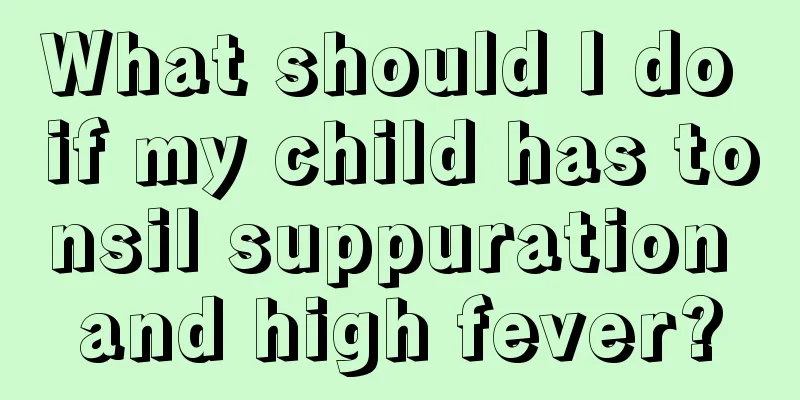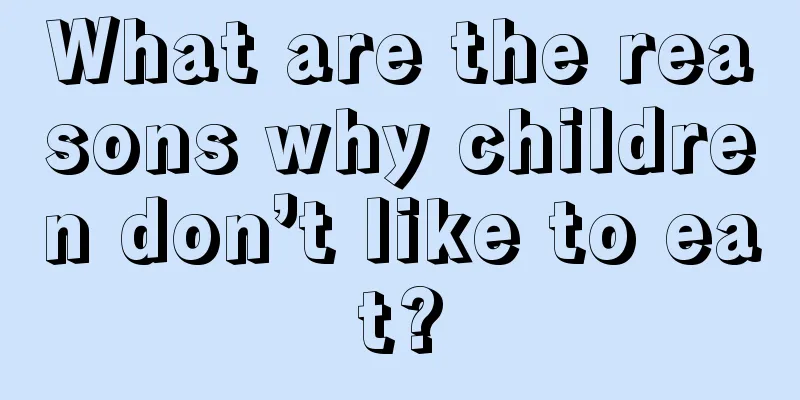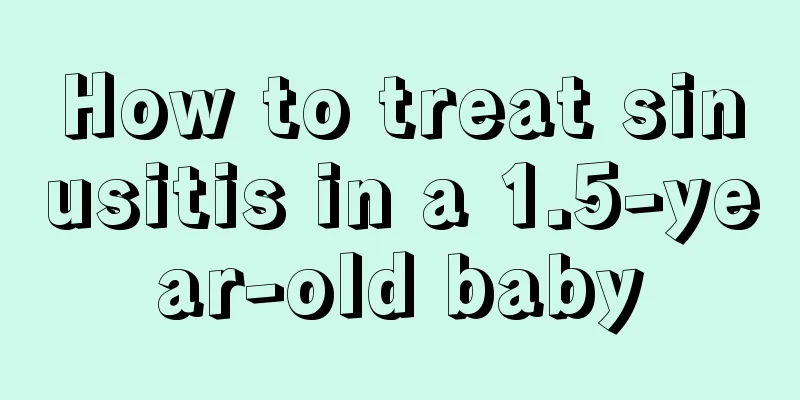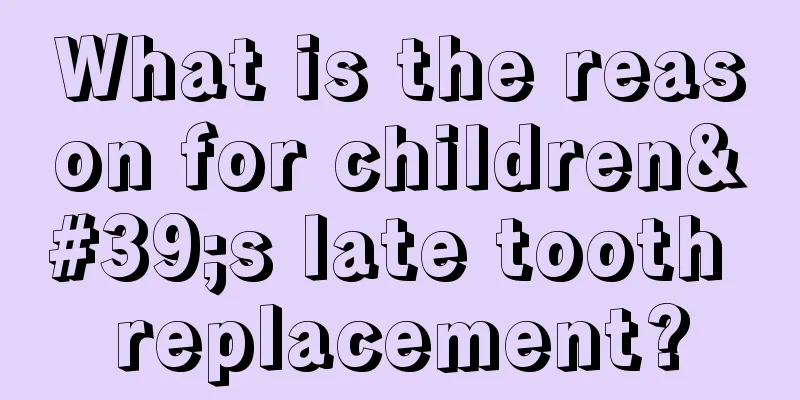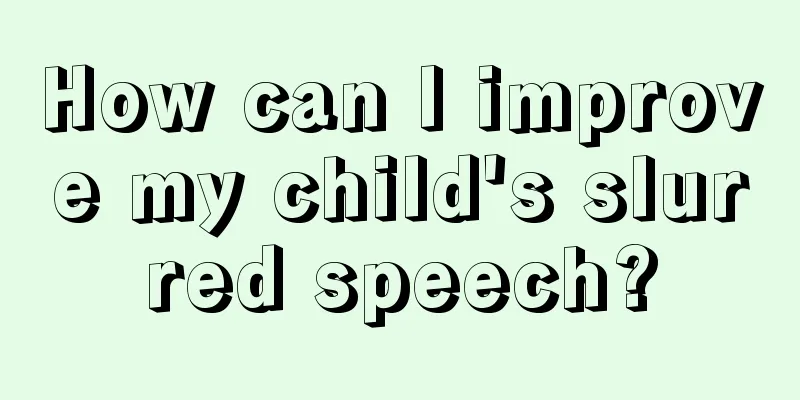Key points for baby oral care
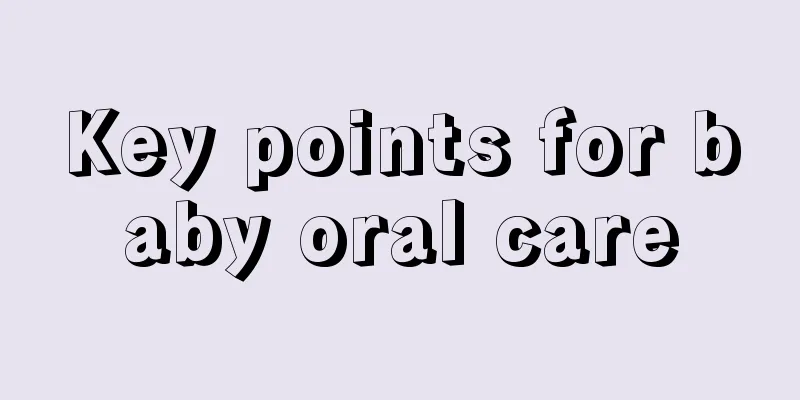
|
Many people think that oral care is just brushing teeth, but newborn babies do not have teeth yet, so many parents tend to neglect taking care of their babies' oral cavity. This is an incorrect concept. Children's oral care should start as early as possible and be carried out in stages to prevent problems before they occur and eliminate tooth decay. So how to take care of the baby's oral cavity becomes a question for new parents. Here are the key points of baby oral care. Wash the mouth with warm gauze from 0 to 6 months; before the child grows teeth, parents should use gauze soaked in warm water to gently wipe the mucosa and gums of various parts of the child's mouth after feeding or before going to bed to remove the milk clots remaining in the mouth. This cleaning method can not only clean the oral cavity, but also promote the growth and development of children's oral mucosa and jaw bones, and enhance disease resistance. When parents wipe their baby's mouth, they can also observe changes in his oral condition and take him to see a dentist if necessary. In addition, it is best to stop feeding your baby when he falls asleep during this period, and never let him sleep with a pacifier in his mouth. From 6 to 12 months, gently rub the baby's deciduous teeth with light salt water; Around 6 months, the baby's deciduous teeth begin to grow. At this time, parents should help their baby "brush their teeth". Parents can wrap sterilized gauze around their fingers and gently wipe all surfaces of the teeth with light salt water. It is not necessary to clean the baby's teeth twice a day, morning and evening. It is best to do it several times a day. You should wipe the baby's mouth every morning when he wakes up and after his last meal at night. You should also wipe his newly grown teeth. At this time, you can also start using a softer baby toothbrush to help the baby get used to the feeling of brushing his teeth with a toothbrush. Brush the molars with boiled water for 1 to 2 years old; Molars start to grow when the baby is around one year old. At this time, you can use a children's toothbrush to brush your baby's teeth, but for the baby's oral health, it is best to choose boiled water. In addition, after the baby's big teeth grow out, you should start paying attention to oral examinations. Your baby should go to the hospital for an oral check-up within six months after his first tooth grows. Start brushing teeth with toothpaste between 2 and 6 years old. After the baby's upper and lower teeth have all erupted, At this time, the baby can use a small soft toothbrush to brush up and down along the gaps between the teeth. However, if the baby brushes his teeth by himself, parents must remind the baby to be careful not to damage the oral mucosa and gums with the bristles during brushing. Compared with brushing teeth with salt water and boiled water in the past, babies can now use toothpaste to brush their teeth. Brush your teeth with children's toothpaste every morning when you wake up and before you go to bed at night. To avoid accidental swallowing, the amount should be small, about the size of a soybean, and children should be taught to rinse their mouths and spit out as much as possible. In order to prevent babies from brushing their teeth insufficiently, it is best for parents to brush their children’s teeth once every night. In addition, in order to protect teeth and prevent tooth decay, parents should also pay special attention to children's diet. They should feed them drinks and liquid foods that do not contain sucrose, and use clean water to help clean their teeth after feeding them medicine or other nutritional products. After reading the above points about baby oral care, we can understand that we can’t ignore the baby’s oral care just because the baby has not grown teeth. Otherwise, it is easy to cause oral inflammation in children. In order to avoid this phenomenon and for the child to develop good hygiene habits after growing teeth in the future, we must pay attention to the baby’s oral care from an early age to lay a good foundation for the future. |
<<: What to do if your baby has foamy stools
>>: What are the signs of a frightened baby?
Recommend
Why does my ten-month-old baby have a blocked nose?
Many mothers do not know what causes their childr...
How to prevent children’s teeth from growing crooked?
Children will experience tooth replacement during...
Treatment of upper respiratory tract infections in children
If we want to treat children's upper respirat...
Treatment for blisters on children's hands
Many parents will find that their children often ...
What are the methods of massaging the newborn's belly?
Some newborns are prone to indigestion or food ac...
What are the symptoms of acute nephritis in children and how to prevent it?
It is said that children are the apple of their m...
What is the reason why children are so active?
Children's hyperactivity is just a sign of yo...
What is neonatal hypoxic ischemic encephalopathy
What is neonatal hypoxic ischemic encephalopathy?...
What to do if your child has swollen lymph nodes
For many babies, the immune system is not yet ful...
Why does the newborn keep crying?
Every time a baby comes into this world, parents ...
The dangers of mania in children
I believe everyone is familiar with diseases like...
What causes white spots on a child's face?
When parents see some skin problems on their chil...
The child said his face hurt but there was no visible swelling
Every child is innocent and lively. They often st...
What should babies eat if they have a bad stomach?
Some mothers are confused as to why their babies ...
What should children eat to supplement calcium, iron and zinc?
Generally speaking, if children are picky eaters,...

